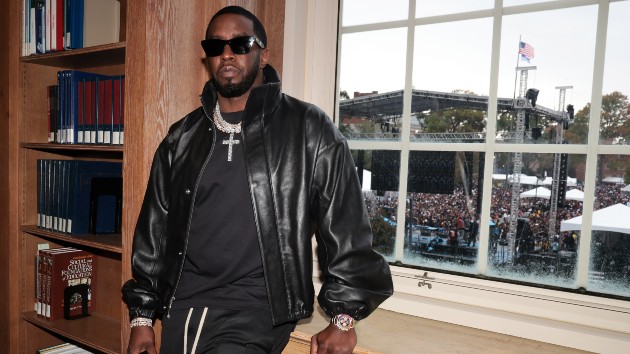Supreme Court limits scope of obstruction charge against Capitol rioters, Trump
Written by ABC AUDIO on June 28, 2024

(WASHINGTON) — The Supreme Court on Friday limited the scope of a federal obstruction statute used by prosecutors to charge more than 300 defendants involved with the Capitol riot on Jan. 6, 2021, including former President Donald Trump.
Chief Justice John Roberts, writing for the 6-3 majority, said the government must show in those cases that the alleged obstruction related to “impairing the availability or integrity” of “records, documents, or objects” used in the disrupted proceeding.
The Justice Department had applied the charge more broadly in many cases, alleging that the physical presence of some of the rioters inside Capitol was alone “obstruction of an official proceeding” under the law.
Roberts said the statute in question — the Sarbanes-Oxley Act of 2002 which was enacted after the Enron scandal to prevent destruction of evidence in financial crimes — must be read in context.
“It would be peculiar to conclude that in closing the Enron gap, Congress actually hid away … a catchall provision that reaches far beyond the document shredding and similar scenarios that prompted the legislation in the first place,” Roberts wrote.
The decision was at least a partial victory for former Pennsylvania police officer Joseph Fischer who was among the rioters on Jan. 6 and challenged the obstruction charge, which can carry up to 20 years in prison.
The Supreme Court made clear, however, that prosecutors could retain the obstruction charges if more properly framed and supported by evidence that the defendants’ actions involved documents of some kind.
Justice Amy Coney Barrett, in a dissent joined by Justices Sonia Sotomayor and Elena Kagan, said “Congress meant what it said.”
The law “is a very broad provision,” she wrote, “and admittedly, events like January 6th were not its target. (Who could blame Congress for that failure of imagination?) But statutes often go further than the problem that inspired them, and under the rules of statutory interpretation, we stick to the test anyway.”
Attorney General Merrick Garland expressed disappointment with the ruling but said it would not impact the vast majority of the Justice Department’s 1,400 criminal cases related to Jan. 6.
“There are no cases in which the Department charged a January 6 defendant only with the offense at issue in Fischer,” Garland said in a statement. “For the cases affected by today’s decision, the Department will take appropriate steps to comply with the Court’s ruling.”
It was also not clear how much of an impact the court’s decision would have on special counsel Jack Smith’s election interference case against Trump. Two of the four charges involve the same obstruction statute used against Fischer.
“It will be a much tougher case to argue that he impaired an official proceeding if the prosecution must also show that it related to the destruction or alteration, or related activities, of documents,” said Notre Dame law professor Derek Muller, an election law scholar.
“For rioters physically present at the Capitol that day, it will be a tougher but possible showing. For Trump, however, it may be more about whether paperwork submitted to Pence relating to other electoral votes or what to do with those votes rises to the level of criminal activity in the statute,” Muller said. “We’ll see whether the Department of Justice keeps this charge against Trump, but it may fall back to some of the other charges and rely more heavily on them instead.”
Also hanging over the Trump case is whether the high court will allow it to proceed at all. On Monday, the justices are expected to hand down a decision in Trump v. U.S. that could determine how much, if any, immunity from prosecution the former president enjoys.
Copyright © 2024, ABC Audio. All rights reserved.






